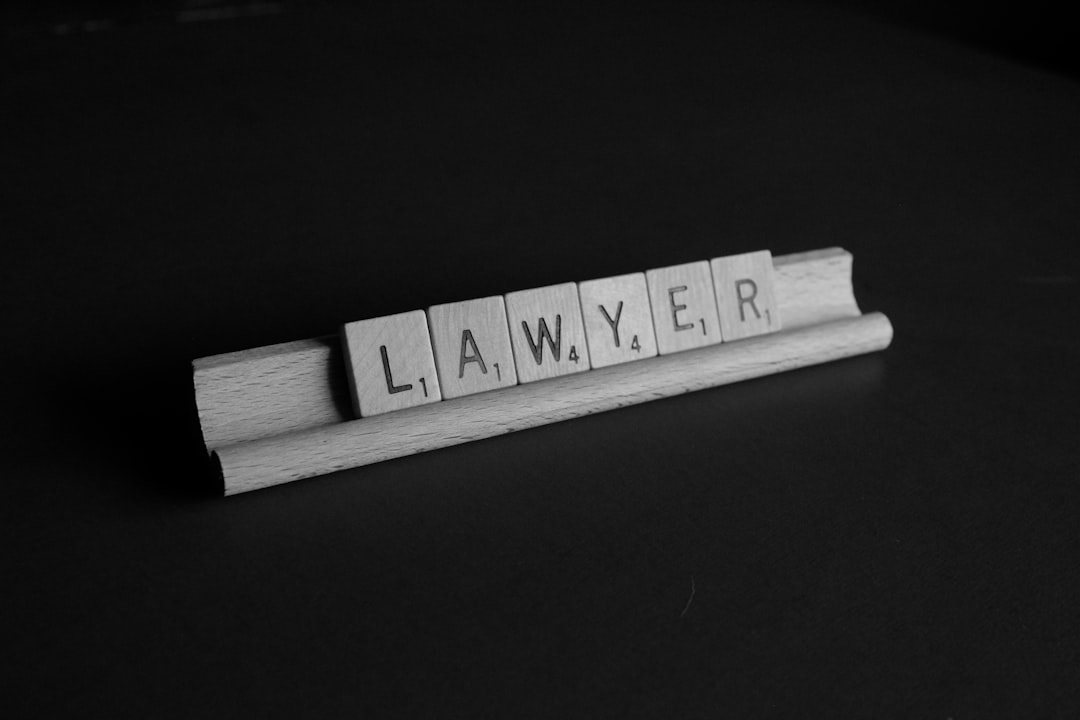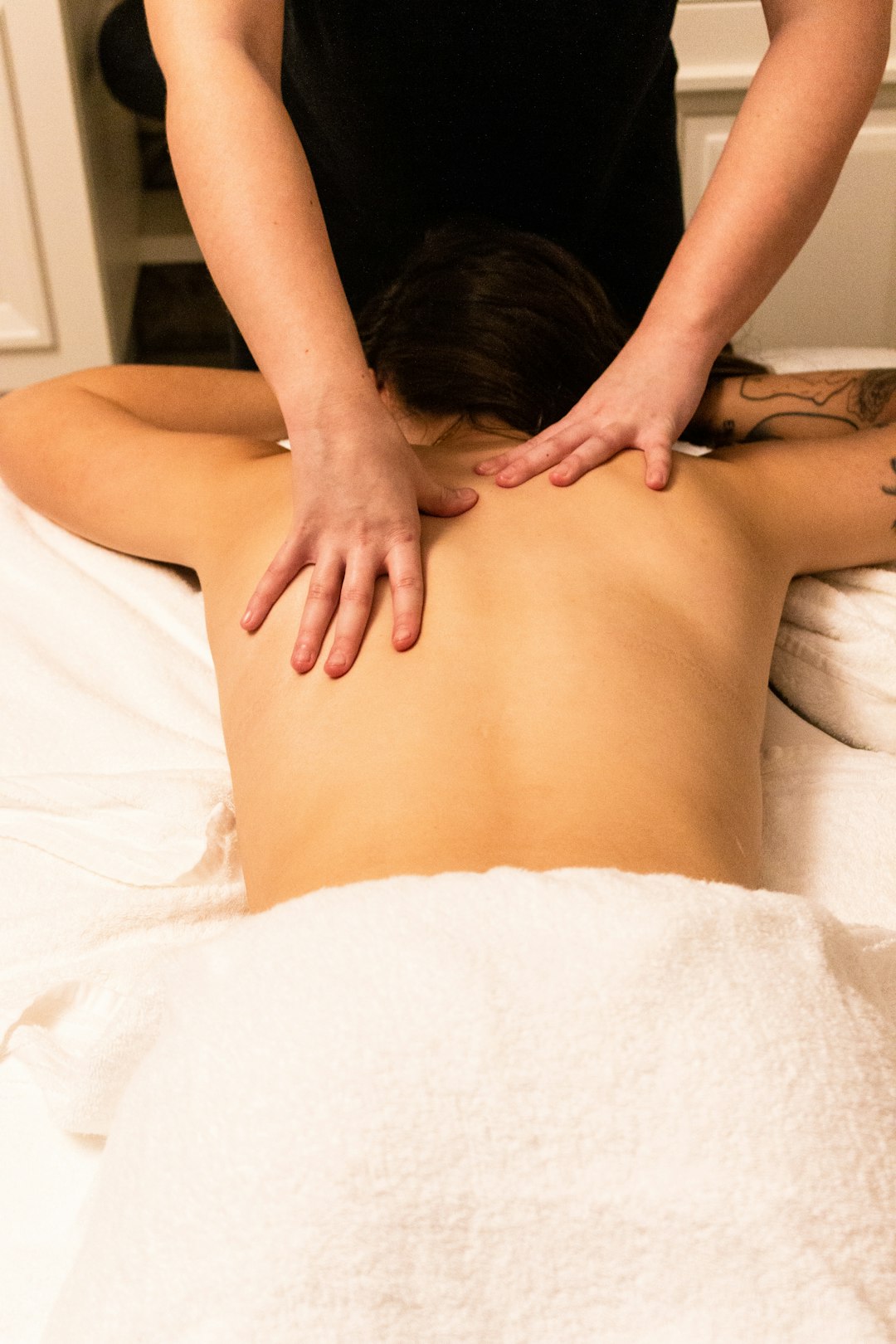Recognizing physical signs like hidden injuries, behavioral changes, and sudden client pain is crucial for identifying massage therapy abuse in Denver, CO. Local laws protect therapists from harassment, discrimination, and retaliation, with legal recourse available against abusive employers or clients. Documenting incidents, reporting to authorities, and consulting massage abuse law firms in Denver, CO can help ensure justice, protect therapist safety, and prevent future harm.
In the bustling wellness scene of Denver, CO, it’s crucial to recognize signs of abuse among massage therapists. This guide equips you with knowledge on identifying physical indicators of mistreatment and understanding the legal protections afforded to professionals in Colorado. Learn essential steps to take if you suspect any form of massage abuse, and connect with top-rated massage abuse law firms in Denver for support and guidance.
Recognizing Physical Signs of Abuse

Recognizing physical signs of abuse in Denver massage therapists is a critical aspect of ensuring client safety. Abuse can manifest through visible injuries, such as bruises, cuts, or burns, which may be concealed under clothing. Therapists should pay close attention to areas like the back, shoulders, arms, and legs, common targets for non-consensual touch. Unexpected or unexplained marks, especially if they align with the therapist’s access during a session, warrant immediate concern.
Additionally, behavioral changes can signal abuse. A once-professional therapist who becomes erratic, defensive, or avoids eye contact might be experiencing stress due to illicit activities. If clients report sudden pain or discomfort after massages, it could indicate forced or aggressive techniques. Massage abuse law firms in Denver, CO emphasize the importance of these observations, as they can help identify and protect victims, ultimately leading to justice and prevention through proper reporting mechanisms.
Understanding Legal Protections for Massage Therapists in Denver, CO

In Denver, Colorado, massage therapists enjoy legal protections aimed at ensuring a safe work environment. The state has specific laws in place to combat workplace violence and abuse, which include provisions for massage professionals. According to the Colorado Anti-Discrimination Act (CADA), employers are prohibited from subjecting employees to harassment, discrimination, or retaliation. This legislation extends to creating a hostile work environment, which can encompass physical, verbal, or sexual abuse.
If you’re a massage therapist in Denver and face any form of mistreatment, it’s crucial to know that legal recourse is available. Recognizing the signs of potential abuse—such as repeated inappropriate behavior, threats, or coercion—is the first step. For support, consider reaching out to local massage therapy associations or consulting with massage abuse law firms in Denver, CO. These professionals can guide you through your rights and options under the law, ensuring that you receive the protection and justice you deserve.
Steps to Take If You Suspect Massage Abuse

If you suspect that a massage therapist in Denver, CO has engaged in abusive behavior, it’s crucial to take immediate action. First, document the incidents meticulously, including dates, times, and detailed descriptions of what transpired. Keep track of any physical symptoms or emotional distress experienced as a result. Next, reach out to local law enforcement to file a report, especially if the abuse is ongoing or severe. In Denver, massage therapy businesses are regulated by the Colorado Massage Therapy Board, which can provide guidance and resources for reporting abusive practices.
Additionally, consider contacting reputable massage abuse law firms in Denver, CO for legal counsel. These specialists have experience navigating complex issues surrounding massage therapy regulation and can offer support tailored to your situation. They can help you understand your rights, file complaints with relevant authorities, and even represent you in potential legal proceedings if necessary. Don’t hesitate to protect yourself; taking these steps could prevent further harm and ensure justice is served.



